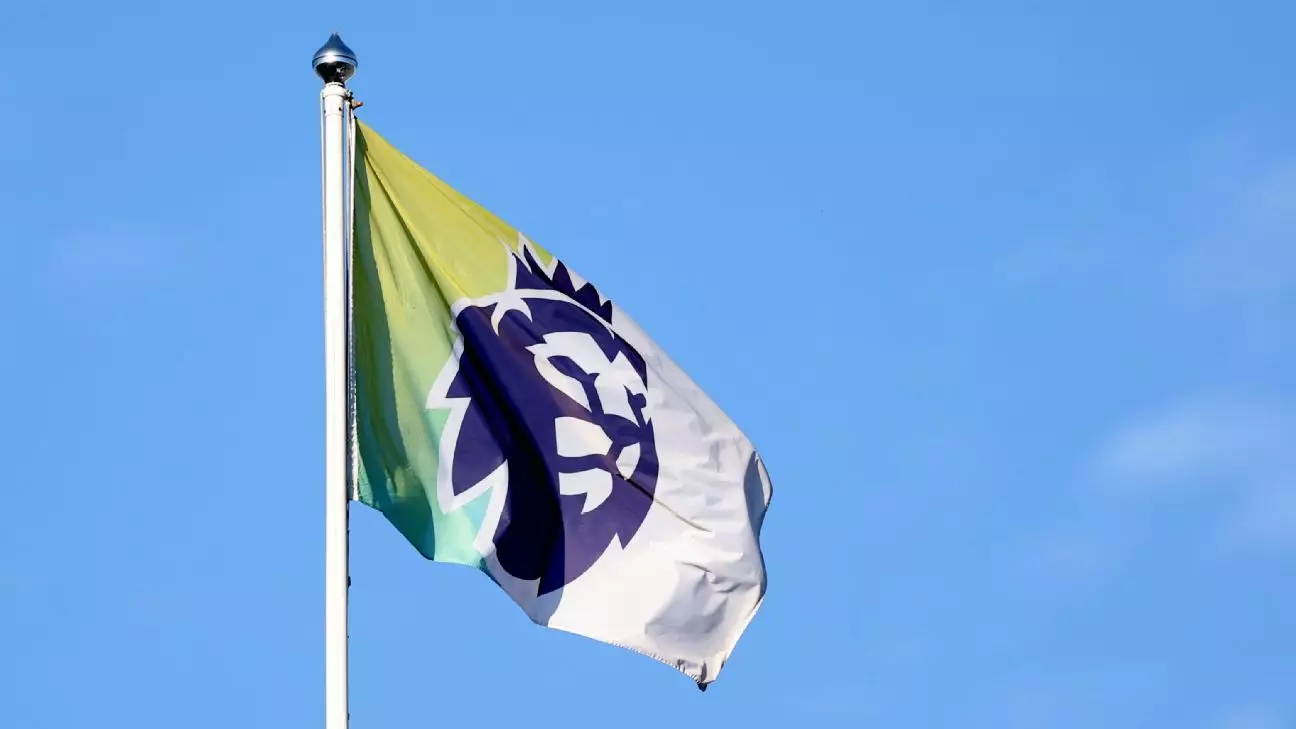The Premier League is facing a crucial juncture regarding its financial regulations as it gears up for the upcoming season. The Profit and Sustainability Rules (PSR) designed to limit the losses clubs can incur are set to remain in place for another season, primarily due to the necessity of time and agreement on any potential changes. PSR’s primary function is to impose restrictions that would prevent clubs from overspending, thereby ensuring their economic health. While intended to instill a sense of financial discipline, many clubs, notably Manchester United and Newcastle United, have found these rules to stifle their ability to bolster their squads through new signings.
A proposed reworked financial control system would shift the focus from strict profit constraints to a more nuanced approach that intertwines revenue generation with expenditure. This model includes critical factors such as the squad-cost ratio and anchoring, which assess a club’s spending capacity based on its income. Although this shift could potentially provide clubs with the flexibility they require for investment in player acquisitions, consensus among Premier League teams remains elusive.
During the recent Premier League Stakeholders meeting, friction arose as opinions varied widely on adopting the new financial framework. Some clubs expressed enthusiasm for immediate implementation, believing that reforms are overdue to match the dynamics of modern football economics. Conversely, several stakeholders advocated for further deliberation, highlighting concerns about the implications of hastily imposed regulations, illustrating a divide that underscores the complexities of financial governance in football.
In addition to the ongoing discussions, the Premier League is also grappling with legal challenges that further complicate the implementation of its rules. Manchester City’s recent legal maneuvers regarding “associated party transactions” (APT) emphasize the scrutiny surrounding commercial deals connected to club owners. APT rules aim to ensure that clubs engage in financial activities at fair market value, shielding the integrity of club operations from potential conflicts of interest. This ongoing legal dispute must be navigated carefully, as its resolution could set significant precedents for accountability in football finances.
Adding another layer of complexity is the UK government’s forthcoming football governance bill, which requires clubs to demonstrate sound financial practices. Although details about this bill remain under wraps, it signals a shift towards independent oversight of club operations. The Premier League’s efforts to define sustainability must align with this legislation, likely bringing about a recalibration in how clubs operate financially. In this evolving landscape, the pressure is mounting for the league to harmonize its regulations with broader governmental accountability measures.
As the Premier League prepares for the forthcoming season, it faces an intricate balancing act between maintaining fiscal responsibility and offering clubs the freedom to compete effectively. The uncertainty surrounding financial regulations and the interplay with legal frameworks and government initiatives necessitate careful deliberation among club owners and stakeholders. With the clock ticking, the decision to continue with the existing PSR for another season seems the most pragmatic approach, even as the league must remain vigilant in fostering a financial ecosystem that champions sustainability without stunting competitive growth.

